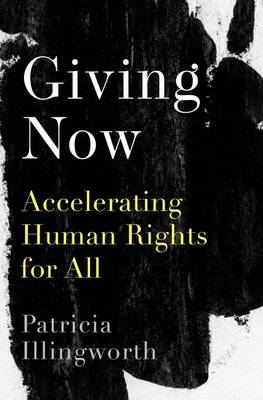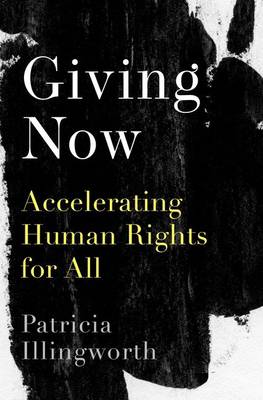
- Retrait gratuit dans votre magasin Club
- 7.000.000 titres dans notre catalogue
- Payer en toute sécurité
- Toujours un magasin près de chez vous
- Retrait gratuit dans votre magasin Club
- 7.000.0000 titres dans notre catalogue
- Payer en toute sécurité
- Toujours un magasin près de chez vous
64,45 €
+ 128 points
Description
Dirty dollars, tainted donors and "poverty porn" have caused a social backlash against philanthropy. As more wealth is concentrated in the hands of a rising number of billionaires, it is clear that the same system that created their wealth also perpetuates deep inequality, social injustice, and human suffering. Philanthropists often give with strings attached. They want to make the world a better place, but insist on their own vision of what constitutes a better world. Some donors also pay with tainted money, give to hate groups, or use their money to launder their reputations. Nonprofits that ignore the warning signs are often complicit in the fallout that comes with "dark dollars". Using case studies, Patricia Illingworth shows how to address this problem. She argues that approaching philanthropy through a human rights lens can improve the quality of giving, resolve urgent quandaries, and mitigate the social injustice that philanthropy can perpetuate. A philosopher and lawyer, Illingworth makes the case that people and organizations have human rights responsibilities that should guide philanthropy and the nonprofit sector. When philanthropy begins to acknowledge, respect, and protect human rights it will regain its social license and help to make the world a better place.
Spécifications
Parties prenantes
- Auteur(s) :
- Editeur:
Contenu
- Nombre de pages :
- 216
- Langue:
- Anglais
Caractéristiques
- EAN:
- 9780190907044
- Date de parution :
- 26-08-22
- Format:
- Livre relié
- Format numérique:
- Genaaid
- Dimensions :
- 160 mm x 238 mm
- Poids :
- 444 g

Les avis
Nous publions uniquement les avis qui respectent les conditions requises. Consultez nos conditions pour les avis.






